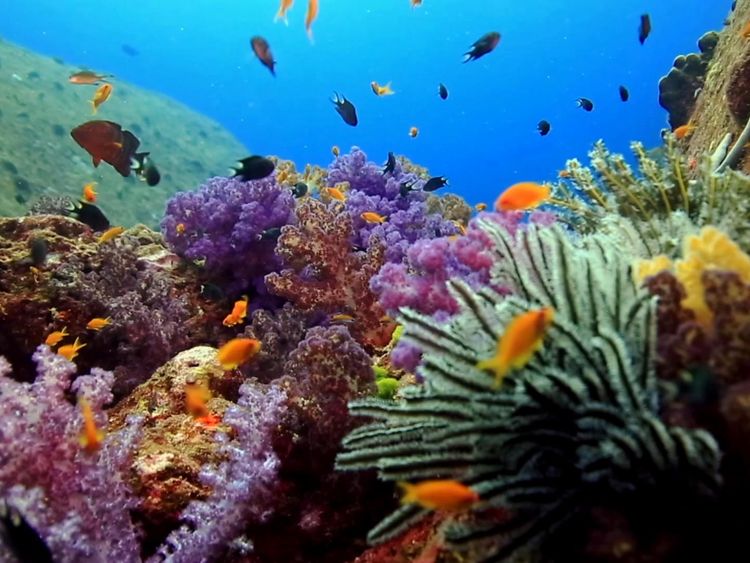Britain must re-invent its relationship with the sea if it's to exploit the huge potential of the future marine economy, according to a major new report.
The value of world's oceans is set to double to £2.14tn by 2030.
But the Government Office for Science Foresight warns the UK will miss out if it continues to rely on established industries such as oil and gas, fishing and shipbuilding.
It says emerging sectors like offshore renewable energy, marine biotechnology and seabed mining offer huge opportunities for economic growth.
The report, Future of the Sea, underlines Britain's expertise in ocean science, with autonomous and robotic vehicles increasingly being used to map the seafloor and understand the marine environment.
Professor Ed Hill, executive director of the National Oceanography Centre, told Sky News that we know less about the bottom of the sea than the moon or Mars.
"We are going to move into the deep sea, because of the importance of sustaining life on earth, so we need to learn more about it so we can do that sustainably, and so we can manage the ocean in a more effective way. "
More than 500,000 people in the UK have jobs connected to the sea, and it adds £47bn a year in value to the national economy.
But dwindling oil and gas reserves, fragile fish stocks and the impact of climate change mean Britain needs to re-think its 'blue economy.'
Deep sea mining of metals on the seafloor, including cobolt for the massive growth in phone and car batteries, could be worth £40bn to the UK over the next 30 years.
Britain could also take a 10% share of the global market in autonomous and robotic ships which is set to be worth £97bn over the next 15 years.
And with more offshore windfarms than any other country, exports of skills and technology could be worth a further £2.9bn a year by 2030.

Professor Ian Boyd, co-author of the report and a scientific adviser to the government, said: "Our use of the ocean is going to continue to increase. Transport, fish and geological resources, wind and wave energy, all going to increase in the future, and further out into sea, in deep oceans."
But the report warns that exploiting the world's oceans needs to be done sustainably.
Almost of a third of the world's fish stocks are harvested to biologically unsustainable levels.
More from Sky Ocean Rescue
And the warming seas, increasingly polluted with chemicals and plastic, will add to pressure on the marine environment.
:: Sky's Ocean Rescue campaign encourages people to reduce their single-use plastics. You can find out more about the campaign and how to get involved at www.skyoceanrescue.com
[contf] [contfnew] 
Sky News
[contfnewc] [contfnewc]





